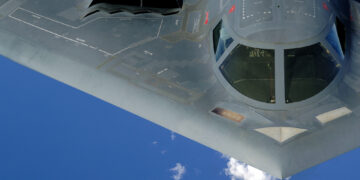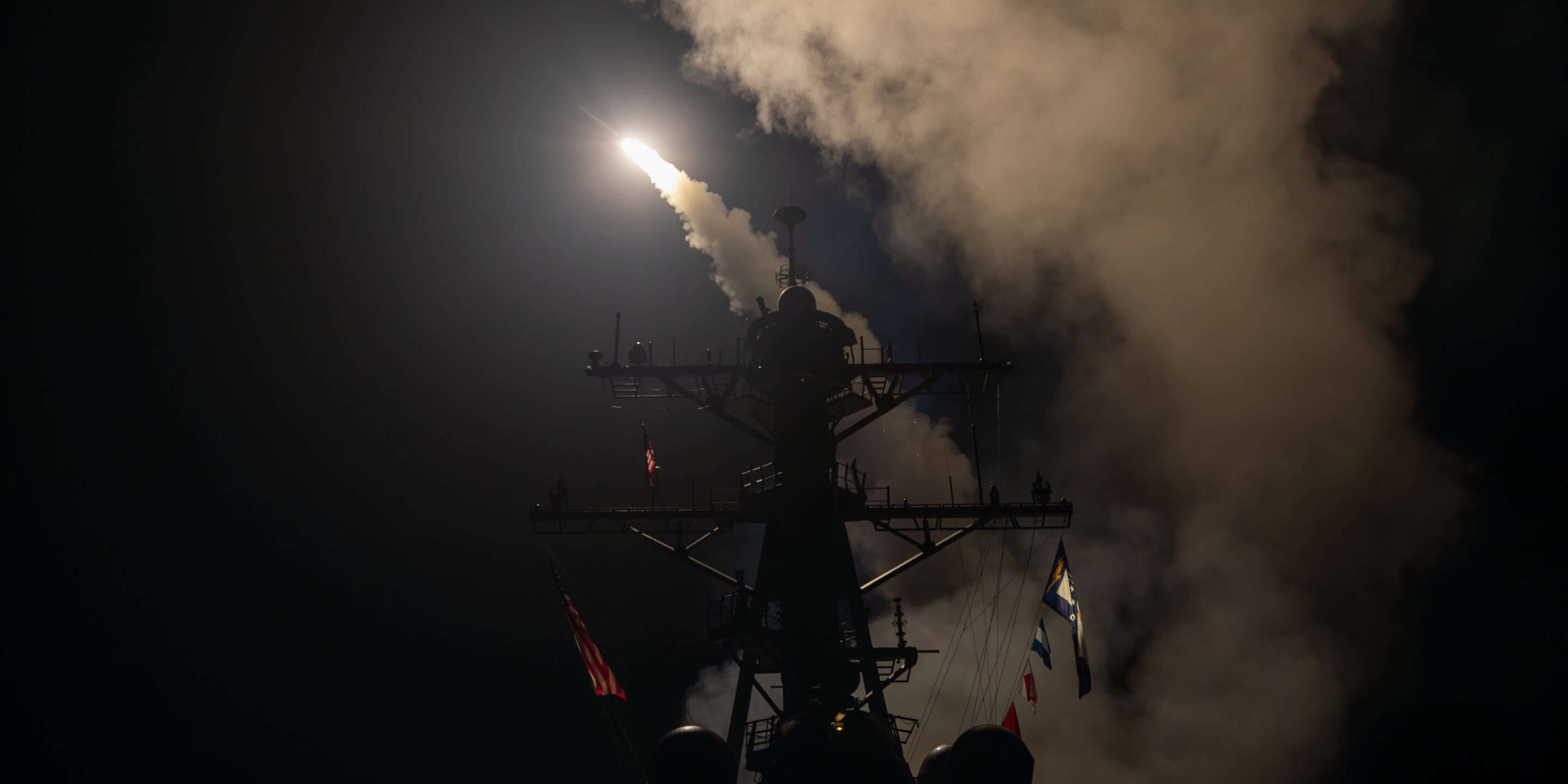The U.S. mission to deter and degrade the Houthis is not working. In the last week of 2024, the militant group launched a new wave of missile and drone attacks on Israel and shipping lanes in the Red Sea which led to strikes by the United States on military targets on the coast of Yemen. All told, in December alone, the Houthis fired on several U.S. Navy and merchant ships, and conducted ten drone and missile attacks on Israel. Israel and the United States retaliated five times in total, knocking out port and energy infrastructure and Houthi military positions, but the Houthis continue to fire back. In the process, friendly fire brought down a U.S. FA-18 fighter jet, thankfully sparing its crew. This cost-benefit ratio is not sustainable. Houthi operations and ambitions have not been seriously eroded, but U.S. military readiness and reputation have. Washington needs a new strategy, one that is focused on the sources of the Houthis’ growing power and not simply on its symptoms on display in the Red Sea.
Just over a year ago, in December 2023, Washington established a multinational operation to defend merchant ships and restore freedom of navigation in the wake of Houthi attacks that threatened some 12 percent of global shipping transiting through a chokepoint known as the Bab al-Mandeb Strait. The Houthis maintain that their aim is forcing Israel to end its war in Gaza, but they have indiscriminately targeted international shipping. After a United Nations Security Council resolution—adopted last January, though China and Russia abstained—failed to stop the Houthi campaign, Washington and London added an offensive dimension, Operation Poseidon Archer, to erode Houthi military capabilities. These U.S.-led operations, however, received little support from partners inside and outside the region—not even from those hurt the most. All the while, Russian and Chinese flagged ships, the illicit traders serving these nations, and Iran sail largely unbothered after paying or negotiating for safe passage.
In August, nine months into the U.S. military campaigns, the head of the U.S. Navy in the Middle East, Vice Admiral George Wikoff, publicly declared that U.S. defensive efforts and strikes will not deter the Houthis. “The solution is not going to come at the end of a weapon system,” he said. Little has changed that conclusion. Attacks on shipping have dropped largely because there are fewer targets—shipping is down by around two-thirds—but freedom of navigation has not been restored. Sporadic attacks, including claims of a December 27 strike on a Maersk container ship in the Arabian Sea and a December 31 assault on the USS Harry S. Truman, continue to force most Western shipping to take lengthier, more expensive but safer routes around Africa’s southern tip.
Meanwhile, the Houthis have stepped up direct missile and drone attacks on Israel in recent weeks. These have received less attention than the Red Sea strikes, but the Houthis have fired more than 200 missiles and 170 drones at Israel since Hamas’s Oct. 7, 2023 attack. Nearly all attacks on Israel have been intercepted, but one Israeli has been killed and dozens wounded—mostly from falling debris and increasingly frequent dashes to shelters. Near-daily attacks have prompted Israeli to call for a coordinated multinational response and warn the Houthis that they will suffer the same fate as Hamas and Hezbollah—both of which have seen their operational capacity decimated by punishing Israeli airstrikes.
More on Middle East

By Jennifer Kavanagh and Dan Caldwell
June 28, 2025

By Rosemary Kelanic and Jennifer Kavanagh
June 25, 2025

Featuring Rosemary Kelanic
June 25, 2025
Events on Houthis






